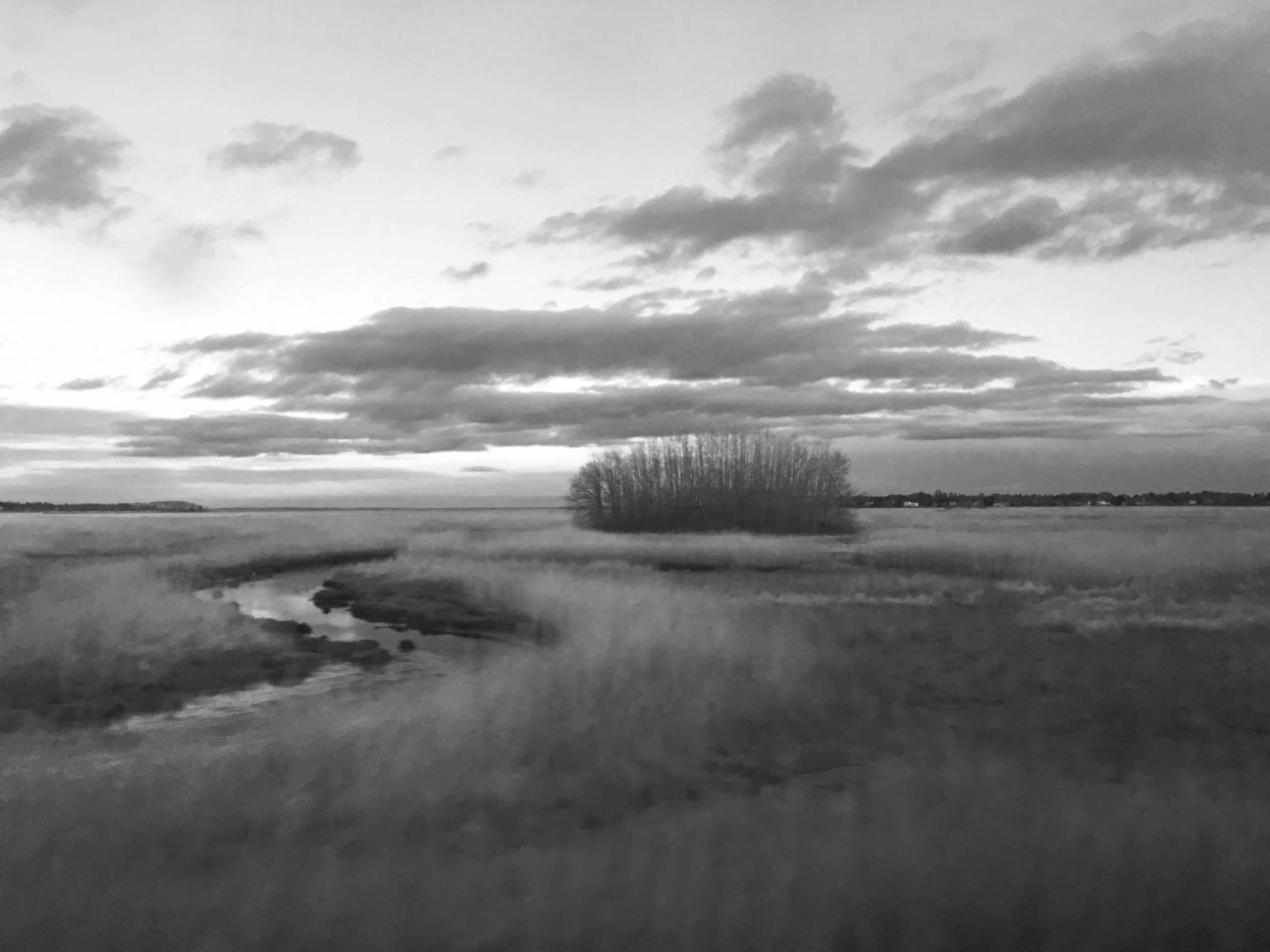Notes from the Field
Notes from the Field is our place for cloud gazing and seed scattering, for gathering brief, fleeting thoughts from the wide world of audio makers.
For this first issue we asked, “What is an audio documentary?” and “What makes a good audio documentary?” Find the answers planted here.
Have a note for us? Drop us a line here.
Liz Flood: Something that I wish I’d known when I started making audio documentaries is that one of the gifts of audio documentaries is that they allow you the space for the emotional document to be present. I feel like when I started playing with audio documentaries it was a lot of still having to tell you things, and to explain a kind of truth or story in a particularly verbal or textual way. And now I think the beauty of an audio documentary is that sound in particular holds so much emotion, and somatic memory. And the gift of an audio documentary is that the emotional feelings of an experience can be documented without the need for language; and also without the abstraction of the visual. You can really allow and sift and sit through that space of the body and emotions and memory in a way that other mediums don’t quite do in the same way. And that is also a document. And that can be a kind of truth… if that’s even a thing worth seeking.
Fiona McGarry: On a rainy night’s journey audio documentary is a traveling companion. Departing the comfort zone, it topples you into imagination, intrigue, immersing you in the deepest oceans of human experience, making you a listening witness, washing the story all around you, stirring up emotion and empathy until you arrive at your destination, in a place of fresh understanding.
What makes a great audio documentary?
“Engaging voices and compelling moments capturing the essence of human experience.”
— Lena von Holt
“Great tape.”
— Alyssa Jeong Perry
a documentary must, on some level, be an act of love
— Anna Van Dine
I like when an audio doc introduces more questions than answers. Not that it leaves loose ends, but that it imparts and instills a spirit of curiosity that can be applied to other subjects in a listener’s life. And a good audio doc almost always facilitates listening to voices we wouldn’t otherwise encounter or perhaps credit.
— Sara McCrea
When people ask me what I do, I’ve begun stressing the word “documentary”: I make audio documentaries. I do this, in part, as an alternative to saying that I work in podcasting. Because, increasingly, podcasting is not an industry that is interested in what I’m interested in: journalism. Ethically-made narratives that help us understand the world, that challenge how we see ourselves and others.
I grapple with the gap between what audio documentary could be and what it is allowed to be. It’s not like there was some golden era way back when. But today, too often, great work is made despite, rather than because. Too many people I respect have become victims of podcasting’s boom-and-bust. Too many companies claim to be “the HBO of podcasts” — and deliver nothing.
So I ask all of you: As audio documentarians, who are we defying and who are we joining?
— Alison MacAdam
Audio documentaries are time machines and heart vehicles, and the best audio producers are uniquely sensitive shamans who guide us through the world of important stories and psycho-emotional experiences, via boundary-busting sonic wormholes—filling the spaces left behind by a largely disappeared way of life where story, myth, song, ritual and community all existed in the same space to mark the beating heart of our lives.
Audio docs are democratic glimmers in our days and little sonic reminders, provocations and educators, bringing inspiration and opening up the world, and expanding us in beautiful, myriad ways.
My favourite audio documentaries are nervous system regulators, brain stimulators and heart excavators—they can be loud and courageous when standing up to shout about what needs to be known; other times they turn a subtle little spotlight on moments which would have gone unnoticed, but which often sear though the heart and sheer experience of what it means to be human and to be here, together.
— HJ RADIA



